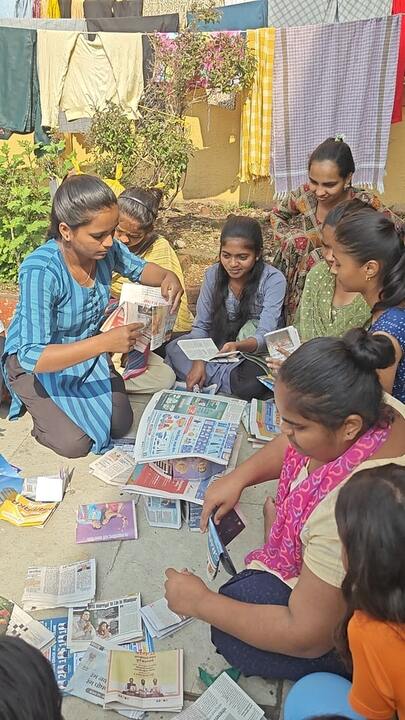Loading...
We have acquired technical information from our mentors, schools, and colleges that helps us understand the environment we live in. History, science, physics, and math have all taught us to view the world more critically. But have you ever questioned why our educational system hasn't equipped us with the knowledge and abilities to view ourselves objectively?
Although it may not be included in our curriculum, self-awareness is a valuable ability that may help us navigate the turbulent waters of life. Making the appropriate life decisions is frequently hampered by regressive emotions like anger, stress, and frustration. While these feelings are unavoidable, how each individual handles them is completely subjective and varies from person to person.
The most crucial indicator of how individuals adapt, empathize, and develop beyond the seeming barriers that a stressed, overworked mind imposes on one's personal and professional progress is emotional intelligence. It determines our capacity for sustaining interpersonal connections, self-expression, and overcoming obstacles in life.
Regardless of our social standing, gender, career, or other characteristics, each of us encounters several obstacles along the way of life; some are brought about by outside forces, while others are the outcome of how we react to these circumstances. A person who is emotionally literate may greatly benefit society. He has a strong, steady, and stable emotional foundation. He effortlessly juggles his various responsibilities, and he faces challenges with honesty and optimism.





















We hope to have one million emotionally literate individuals by 2030. This project was conceived with the understanding that people do not recognize emotions. As a result, our culture has become more heartless.
Millions of jobs were produced throughout the 1970s and 1980s literacy campaigns. Effectiveness, contentment, and quality of life may all be improved through emotional literacy. The social fabric will be altered as a result.
There are several levels of involvement available to you. Volunteering is free and it helps us reach more people. Alternately, you can pay to participate in our delivering sessions as a Warden. To produce wardens with some charges, do not forget to become a champion.
Schools and other educational institutions, police departments, and healthcare will be our three main areas of focus.
The police force is one of the most significant social change agents, whether it be in terms of traffic, crime, or support. The police are under stress as a result of the criminalization of politics, excessive pressure brought on by nepotism, and ambiguous working hours and circumstances.



Along with visiting different locations and asking people to listen to their own emotions and become aware of them, we would begin introductory sessions that introduce individuals to understanding emotions and how they affect daily life. We aim to start a movement that will transform the fabric of society by generating more emotionally aware individuals.